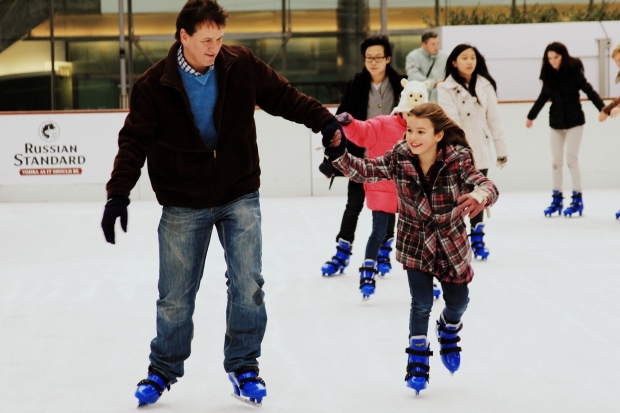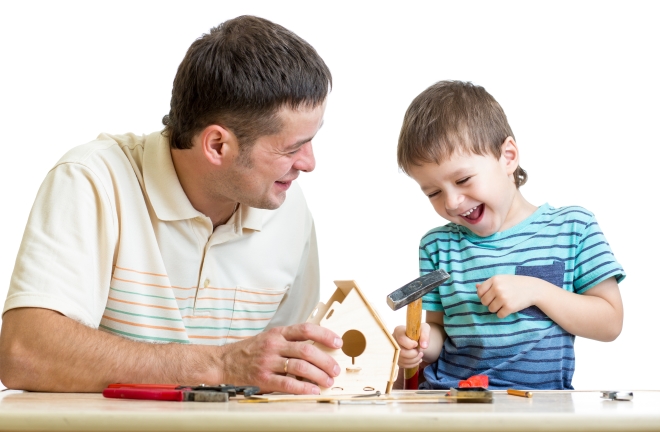Journeying Through The Complexity Of Older Stepfamily Dynamics
Strategies For Harmony And Unity In Mature Stepfamily Relationships

Managing family relationships can be difficult, and that’s especially true for stepfamilies. A stepfamily forms when two adults with children from previous relationships get married or form a partnership and integrate into a new household structure.
Successfully integrating a stepfamily is challenging for many reasons, and many studies are trying to answer why so many stepfamilies fail. After all, you and your new spouse bring experience and love to the table– but is that all you need to ensure family success? And how do these dynamics and differences change as the age of the family members increases?
Today, we’re going to look at a relationship study that explores a type of stepfamily that often reports negative relationships between parents and children: older stepfamilies. 2 out of 5, or 40%, of older couples (in which at least one partner is 50+) with children are stepfamilies, and many of these couples and their children report more negative relationships with each other than positive relationships.
The reasons for this are complex, and to understand the relationship dynamics in these families, we need to understand what leads to these negative relationships in the first place.
Factors Contributing to Less Positive and More Negative Relationships
The study we’re reviewing today found that couples in stepfamilies perceived relationships with their children less positively than couples in non-stepfamilies. Mothers tend to perceive negative relationships more strongly than fathers, and many factors contribute to these relationship perspectives. Let’s examine some of these major influences on stepfamily relationships.
Complex Family Dynamics
Stepfamilies often have more complex family dynamics compared to biological families. Introducing stepparents and stepchildren can create tensions and challenges as family members adjust to new roles and relationships. Children of any age can fear being replaced by new siblings, or feeling insecure with their new role in the family.
Parent-Child Relationships
In some cases, older couples in stepfamilies may have less established relationships with their stepchildren than their biological children. This can result in less familiarity and closeness, leading to more negative interactions. Stepkids and stepparents may also have different understandings of how to express closeness and care, and these differences can lead to negative feelings.
Parenting Styles
Differences in parenting styles between biological parents and stepparents can also create conflicts within the family. Arguments about boundaries, curfews, permission, and other family rules can lead to strongly negative relationships.
Stepparents may have different expectations or approaches to discipline, which can lead to disagreements and tension with stepchildren. They may respond badly to attempts to discipline them by their stepparent or not respect rules that a stepparent tries to enforce.
Resentment and Loyalty Issues
Stepchildren often feel loyalty conflicts between their biological parent and stepparent, leading to resentment or resistance towards the stepparent. You must remember this and make it clear that you aren’t trying to replace their dad– you’re a separate person with a separate relationship. Don’t force the issue if they don’t want to call you dad.
However, you do need to remember that you’re allowed to have feelings, too. Stepparents may feel sidelined or excluded by their stepchildren, leading to negative feelings and interactions.
Challenges of Blended Families
Stepfamilies face unique challenges in integrating two family units to form a cohesive blended family. Kids and parents alike can have issues with sibling rivalry, jealousy, competition, and favoritism, which can create resentment and negative relationships.
Limited Time Together
A major reason that older couples and their stepchildren have fraught relationships is simply an issue of time. Think about it– older couples tend to have older children. They’re not spending as much time at home and getting to know their new stepparent. If an older couple with college-aged children gets married, those kids are probably going to see their stepparent on holidays and during the summer, and maybe some weekends.
That’s nothing compared to an elementary school-aged child’s time at home. And it’s very hard to build a strong positive relationship with someone you don’t spend much time with.
Historical Baggage
Divorce is traumatic. It’s considered an adverse childhood experience and can have serious impacts on mental health. And it’s not just traumatic for kids; it can also be deeply impactful for adults. Past experiences with divorce and conflict can linger and affect relationships within stepfamilies. These unresolved issues may contribute to tensions and negativity between family members.
Strategies for Improving Relationships
All of that said, the relationship between older couples and their stepchildren doesn’t have to be bad. However, if you want them to be positive, it requires effort! Just like any other relationship.
Open communication between stepfamily members is an important part of building relationships. It helps everybody know where they stand and where problems may arise. Both stepparents and stepchildren need to accept that there may be hard feelings and serious issues– but the only way to resolve these is by talking about them openly and honestly.
Also, don’t try to force positive emotions, especially not right away. Instead of forced positivity, aim for feelings of neutral and mutual respect. Listen to each others’ boundaries and respect efforts to build rapport and understanding.
There are also professional support options available. While it might be hard to get everyone to agree to family therapy, even one-on-one therapy can help you make incredible strides in your relationship with your stepchildren. Support groups of your peers are also helpful; they’re full of people like you in similar situations and can offer great advice.
Conclusion
Many factors contribute to less positive and more negative relationships, but they can be addressed if you are willing to cooperate, communicate, and work together as a family. While older stepparents might not ever be their stepchildren’s best friends, relationships don’t have to be tense and negative.
Respect and communication go a long way towards improving relationships! As you put yourself in your stepchildren’s shoes and practice empathy and compassion, you will likely see respect and positive feelings bloom.





